Lest you thought three books in consonance was too ambitious, I went for four. I have been reading multiple versions of Draupadi simultaneously and was just keen to share my thoughts. I revisited Mahasweta Devi’s Draupadi, printed as part of Seagull’s excellent Breast Stories compendium (2016), since the DU decided to cast it out from their syllabus. She is the anti-Draupadi, sans constraint, sans education, sans high birth and royal intrigue and yet, sans putting up with any BS, the most raw manifestation of Draupadi there is. I was blown away by the lyrical and cyclic opening of Ira Mukhoty’s version, where death and birth are merged in elemental form. In The Song of Draupadi (Aleph, 2021), Draupadi is a manifestation of cyclic comings together. In birth and death, through air, water, earth, fire and ether and the lives of the characters, traced through their lives way before they realised they were interwoven. So then of course I had to go to Sai Swaroopa’s Draupadi: The Tale of an Empress (Rupa, 2018) which is a surprisingly radical Draupadi, I would say even more than the others, despite being rooted in convention and scripture. It is far more simply told and urgently so. Sai’s Draupadi is busy manifesting Ichcha Shakti, desire, into action and she’s vital and pulsing with ambition. This is a book of intrigue and undercurrent. I also returned to Chitra Banerjee Divakaruni’s Palace of Illusions (Anchor, 2009) which is the tale of a woman filled with an overwhelming sense of despair as she comes to recognise the fallibility of the glistening patriarchal world, and prevailing despite it. It’s long been one of my favourite versions for its elegance yes, but also the knowingness of its divine interventions.
Each lens is unique, each serves its own purpose, and each woman drawn out is distinct. So don’t hesitate to pick one of them up just because you feel like you already have a summary of the story. Apart from the fact that each has variations in timelines and progression, Draupadi, like Krishna, is able to convince each woman who claims her that she is her own.
A disclaimer here that I am not doing a literary review. I am sure you’ll find far more educated and knowledgeable perspectives on this book elsewhere. I am simply a reader recording the contemplations that arise in me as I enter into these loaned narratives. My lens is also contemplative of the mystical, the sacred, spiritual, wellbeing and mental health. I don’t record my entire perspective, just an aspect of it that fits at the time. With books I note that these perspectives evolve over time which is also why I come back to old books more frequently these days. I enjoy re-reads. So do take me with a pinch of salt. It’s just a sharing and meant to urge you to pick up these books and use them to contemplate your self and your world.
The music in this one may seem a bit odd to you at first. It is Sharanam by Bombay Jayshree. I chose it precisely because Draupadi’s name is never chanted. We don’t pray to her or offer her worship in the way that we do Ahalya, Shabari, Radha or Rukmini, Sita, or define the Kunti-putra. Panchali is fierce and devoted, loyal and knowing, ambitious, political, and conscious. And yet, we do not seek her out and invoke her in the way we do others. Why is that? I hope it remains an undertone to your reflections in the way it has been mine.








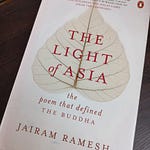
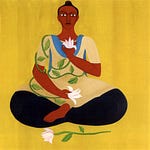
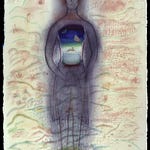
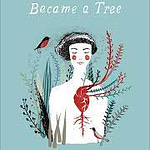
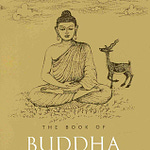
Books 1.3 Draupadi Draupadi Draupadi & Dopdi